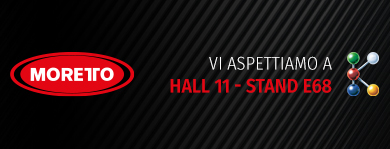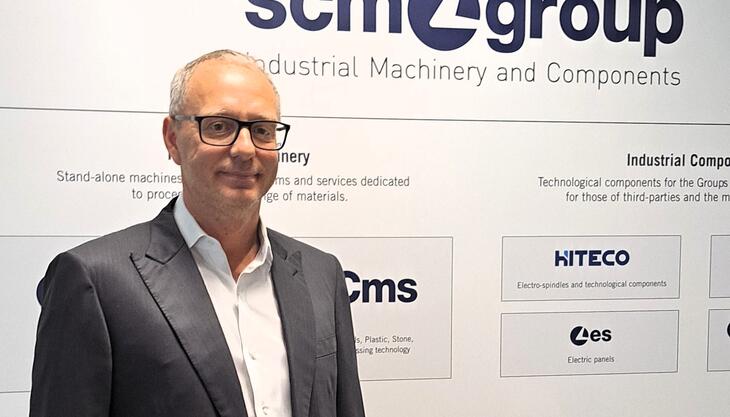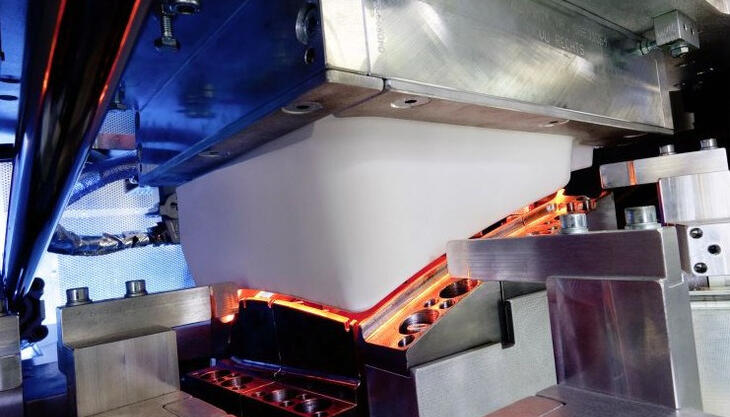The new series of compatibilizers Entira EP by DuPont are formulated for highly efficient recycling of difficult-to-separate mixtures of inherently incompatible polymers. The first grades which have now become available in the market are ethylene-copolymers, optimized for mixed waste streams of polypropylene (PP) and polyethylene (PE). DuPont is currently developing further formulations of compatibilizers for other mixed materials. These include PE and polyamide (PA) or PE and ethylenvinyl alcohol (EVOH), which are typically used as barrier resins in polyolefin based packaging films, bottles or rigid containers, and therefore available in high quantities worldwide.
Another area of interest are PE-PET mixtures with PE as the dominant matrix, arising in the beverage industry. These developments are all together dedicated to rise the efficiency of the plastics recycling industry. Compounding of reground mixed polymers together with Entira EP in an efficiently mixing twin-screw extruder or in a single screw extruder with good mixing performance provides re-granulates in pellet form with excellent mechanical and processing properties, meeting high demands even with high degrees of contamination.
The re-compounding process itself is more economical, because using Entira EP significantly reduces the need for melt filter cleaning operations. Depending on the selected compatibilizer formulation, the re-compounded materials can reach almost the same level of low temperature toughness as the major blend fraction. Due to their excellent processing properties, the regranulates are highly suitable for injection moulding, extrusion or blow-moulding. Typical applications include their use as blending partner in new materials or as core layer surrounded by new product. Under certain conditions they can even be processed directly.
Typical sources for mixed PP-PE waste streams include packaging applications, such as screw-caps made of PP and fitted with sealing inserts made of foamed PE. Products resulting from mixing and jointly processing such incompatible plastics in an extruder will always consist of a continuous phase (the matrix), created by the higher fraction material, and inclusions of the other component dispersed in this matrix. Adhesion between the matrix and the inclusions is poor, cracks may easily propagate along their interfaces, and mechanical properties are therefore on a very low level.
The new PE-PP-specific Entira EP formulations are ethylene-copolymers, exhibiting high compatibility - and hence adhesion - to either one or to both polyolefins. Even at low concentrations of around 4%, these new compatibilizers act highly efficient, promoting a firm bond between matrix and dispersed material. Best results will derive from an advanced formulation which provides good compatibility to PE and at the same time to PP. Here cracks will propagate through both the PE and the PP rather than along their interfaces, increasing strength, elongation at break, and in particular low temperature impact strength of the re-compounded materials to a level which even meets most stringent requirements.
























